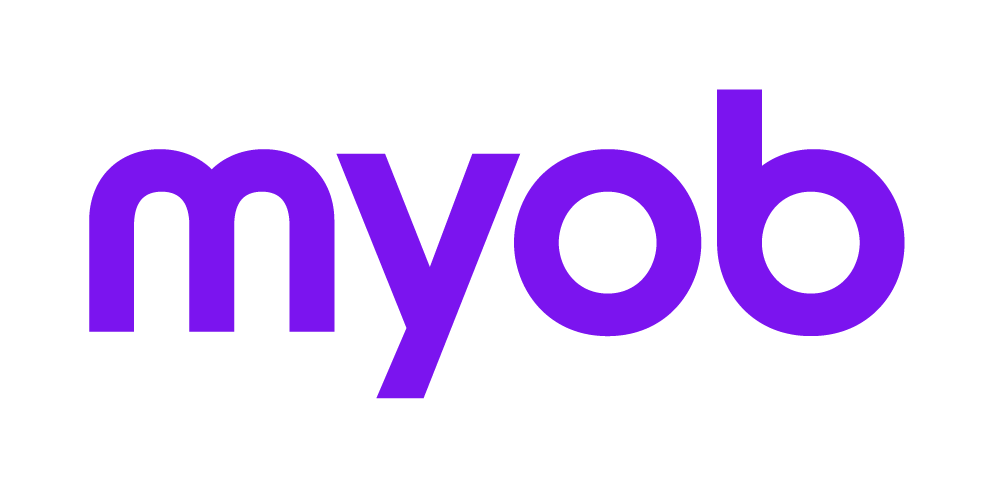IR6 Question 16 Other income
At Question 16 show any other income received by the estate or trust, for example, income from:
any undertaking or scheme
sale of land and/or buildings
sale of shares or other property
sale or disposal of assets
any schedular payments received by a trust
certain settlements on a trust
forgiveness of debt.
Read the following sections for more information on the above items.
Income from any undertaking or scheme
Profits made from any undertaking or scheme entered into for the purpose of making a profit, are taxable to the estate or trust. On a separate sheet of paper write down what the undertaking or scheme was and list the details of income and expenses from these undertakings and schemes. Staple it to page 3 of the return and include the total profit in Box 16B.
Income from sale of land and/or buildings
Profits from the sale of land and/or buildings will be taxable if the estate or trust:
buys a property for resale
buys and sells land and/or buildings as a business
trades as a builder and improves a property before selling it
purchased a property on or after 1 October 2015 and sold/disposed of it within two years, whether the intention at the time of purchase was for resale or not.
These profits may be taxable if the estate or trust:
subdivides land and sells sections, or
has a change in designation on its property under the Resource Management Act 1991 and sells it within 10 years of buying.
If the estate or trust is a New Zealand tax resident it will need to pay tax on its worldwide income under New Zealand tax law. This includes any property sales worldwide whether caught under the bright-line test for residential property sales or the other property rules.
Complete a Property sale information (IR833) form for each property sold/disposed of and include it with the return. The form explains how to calculate and correctly return the resulting profit or loss. The form can be downloaded from our website www.ird.govt.nz (search keyword: IR833). Complete the form even if the details have been included in a Financial statements summary (IR10) or set of accounts.
Include total profits in Box 16B.
Income from sale of shares or other property
Profits from the sale of shares or other property are taxable if the estate or trust:
buys and sells shares or other property as a business
buys shares or other property for the purpose of resale
buys shares or property to make a profit.
List the details of income and expenses from these sales on a sheet of paper and staple it to page 3 of the return. Include the total profit in Box 16B.
Sale or disposal of assets
There are a number of rules that apply to the sale or disposal of assets. For further information read Part 3 of the guide Depreciation – a guide for businesses (IR260).
Losses from sale of land, buildings, shares that aren’t FIFs, or other property
If the estate or trust has made a loss and can show that if it had made a profit it would have been taxable, it may be able to claim the loss as a deduction.
If the property was purchased on or after 1 October 2015 with no intention to sell and it was sold/disposed of within two years, any excess deductions can't be claimed unless they can be offset against net income from other property sales. The Property sale information (IR833) form has more information on this.
For more information on property sales see our guide Buying and selling residential property (IR313).
Show the loss with a minus sign in the last box at Box 16B.
PAYE income accrued to date of death
The following types of PAYE income must be returned by the estate if it is accrued to the date of death and subsequently received by the estate:
salary or wages
holiday pay or other leave payments
director’s fees
any other PAYE income (includes schedular payments).
Include the total gross amount in Box 16B and any tax credits in Box 16A. This income is assessed as trustee income.
Certain settlements on a trust
The following settlements of property on a trust are deemed to be trustee income. This means that these settlements of property are excluded from the definition of corpus:
property settled by a trustee of another trust, so long as it would have counted as income if that trust had distributed the property to one of its beneficiaries instead.
a settlement of a property on a trust, which, if not for the settlement, would have constituted:
income of the settlor, or
a dividend for which the settlor would have been liable to deduct an FDP (foreign dividend payment), formerly dividend witholding payment, if the settlor is currently resident or had been resident in New Zealand and subject to income tax at that time.
Forgiveness of debt
The financial arrangements rules treat debts that do not have to be repaid because they have been forgiven as income to the debtor. There is an exception in the case of trusts if the creditor is a natural person and forgives the debt:
due to “natural love and affection” for natural persons who are beneficiaries of the trust, or
of a trust that was established mainly for the benefit of charitable organisations.
If the debt forgiven is distributed to a non-qualifying beneficiary, the trustee can be liable for tax.
For further information, please see the Tax Information Bulletin (TIB) Vol 11, No 6 (July 1999) page 20.
